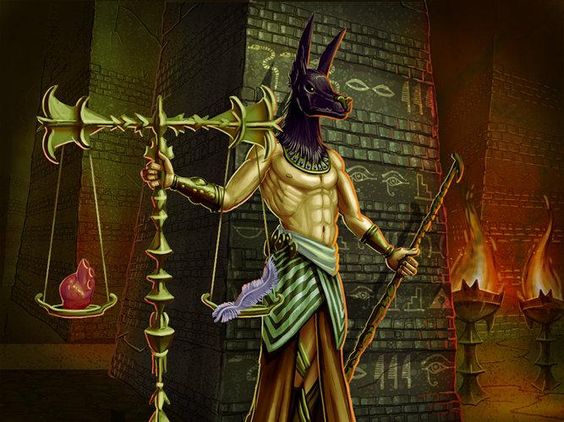Page xv
Plato, an assimilation to divinity as far as is possible to human beings.”
Such is Platonism. “Out of Plato,” says Ralph Waldo Emerson, “come all things that are still written and debated among men of thought.” He absorbed the learning of his times — of Greece from Philolaus to Socrates; then of Pythagoras in Italy; then what he could procure from Egypt and the East. He was so broad that all philosophy, European and Asiatic, was in his doctrines; and to culture and contemplation he added the nature and qualities of the poet.
The followers of Plato generally adhered strictly to his psychological theories. Several, however, like Xenocrates, ventured into bolder speculations. Speusippus, the nephew and successor of the great philosopher, was the author of the Numerical Analysis, a treatise on the Pythagorean numbers. Some of his speculations are not found in the written Dialogues; but as he was a listener to the unwritten lectures of Plato, the judgment of Enfield is doubtless correct, that he did not differ from his master. He was evidently, though not named, the antagonist whom Aristotle criticised, when professing to cite the argument of Plato against the doctrine of Pythagoras, that all things were in themselves numbers, or rather, inseparable from the idea of numbers. He especially endeavored to show that the Platonic doctrine of ideas differed essentially from the Pythagorean, in that it presupposed numbers and magnitudes to exist apart from things. He also asserted that Plato taught that there could be no real knowledge, if the object of that knowledge was not carried beyond or above the sensible.
But Aristotle was no trustworthy witness. He misrepresented Plato, and he almost caricatured the doctrines of Pythagoras. There is a canon of interpretation, which should guide us in our examinations of every philosophical opinion: “The human mind has, under the necessary operation of its own laws, been compelled to entertain the same fundamental ideas, and the human heart to cherish the same feelings in all ages.” It is certain that Pythagoras awakened the deepest intellectual sympathy of his age, and that his doctrines exerted a powerful influence upon the mind of Plato. His cardinal idea was that there existed a permanent principle of unity beneath the forms, changes, and other phenomena of the universe. Aristotle asserted that he taught that “numbers are the first principles of all entities.” Ritter has expressed the opinion that the formula of Pythagoras should be taken symbolically, which is doubtless correct. Aristotle goes on to associate these numbers with the “forms” and “ideas” of Plato. He even declares that Plato said:
Page xvi
“forms are numbers,” and that “ideas are substantial existences — real beings.” Yet Plato did not so teach. He declared that the final cause was the Supreme Goodness — [[to agathon]] “Ideas are objects of pure conception for the human reason, and they are attributes of the Divine Reason.” Nor did he ever say that “forms are numbers.” What he did say may be found in the Timaeus: “God formed things as they first arose according to forms and numbers.”
It is recognized by modern science that all the higher laws of nature assume the form of quantitative statement. This is perhaps a fuller elaboration or more explicit affirmation of the Pythagorean doctrine. Numbers were regarded as the best representations of the laws of harmony which pervade the cosmos. We know too that in chemistry the doctrine of atoms and the laws of combination are actually and, as it were, arbitrarily defined by numbers. As Mr. W. Archer Butler has expressed it: “The world is, then, through all its departments, a living arithmetic in its development, a realized geometry in its repose.”
The key to the Pythagorean dogmas is the general formula of unity in multiplicity, the one evolving the many and pervading the many. This is the ancient doctrine of emanation in few words. Even the apostle Paul accepted it as true. “[[Ex auton, kai di auton, kai eis auton ta panta]]” — Out of him and through him and in him all things are. This, as we can see by the following quotation, is purely Hindu and Brahmanical:

Moe is the founder of GnosticWarrior.com. He is a father, husband, author, martial arts black belt, and an expert in Gnosticism, the occult, and esotericism.

![How another contrarywise before his death saw a book containing his sins, which was shown him by devils [704-709 A.D.] | Book 5 | Chapter 12 How another contrarywise before his death saw a book containing his sins, which was shown him by devils [704-709 A.D.] | Book 5 | Chapter 12](https://www.gnosticwarrior.com/wp-content/plugins/contextual-related-posts/default.png)



